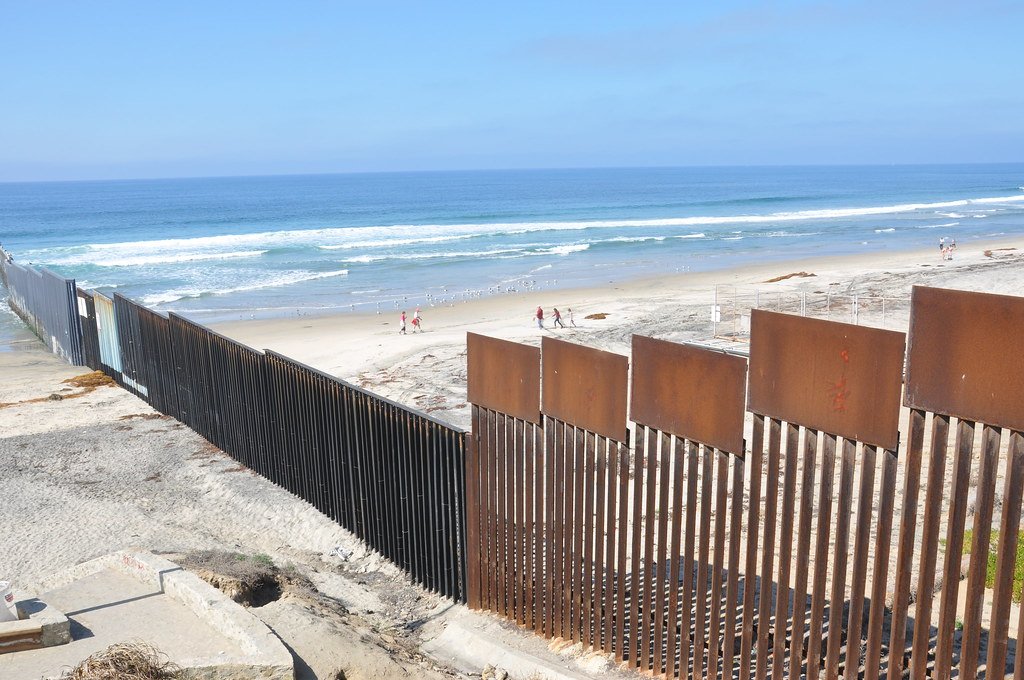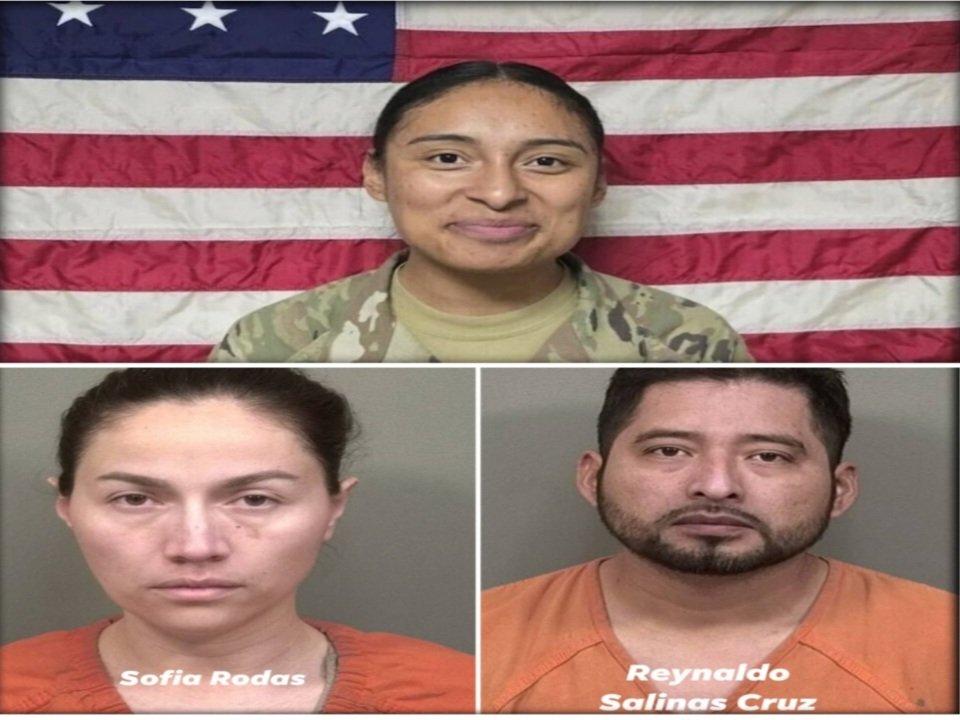
WASHINGTON — On Friday, the Supreme Court ruled that the Trump administration can end the temporary legal protections given to over 500,000 immigrants, which had been provided under the Biden administration.
The court approved an emergency request from Homeland Security Secretary Kristi Noem, effectively terminating the Biden-era program that allowed 532,000 individuals from Cuba, Haiti, Nicaragua, and Venezuela to temporarily reside and work in the U.S.
The short ruling mentioned that liberal Justices Ketanji Brown Jackson and Sonia Sotomayor disagreed with the decision.
Jackson stated that the court overlooked “the severe impact of letting the government suddenly disrupt the lives and jobs of nearly 500,000 noncitizens while their legal challenges are still unresolved.”
The administration was challenging a decision by U.S. District Judge Indira Talwani in Massachusetts, who ruled that the government could not revoke each person’s status without reviewing their cases individually. That ruling has now been paused while the legal battle proceeds.
Karen Tumlin, a lawyer with the Justice Action Center representing impacted immigrants, said, “The Supreme Court has essentially approved deportation orders for around half a million people, marking the largest removal of legal status in recent history.”
She added, “I cannot emphasize enough how destructive this is: The Supreme Court has permitted the Trump Administration to create widespread turmoil, affecting not only our clients and class members but also their families, jobs, and communities.”
The Department of Homeland Security did not promptly reply to a request for comment.
Beginning in 2022, then-Homeland Security Secretary Alejandro Mayorkas allowed people from the affected countries to stay in the U.S. for two years under a program called parole, partly to help manage the increased number of arrivals at the U.S.-Mexico border.
The policy, called the CHNV parole programs, permitted individuals to enter and remain in the U.S. if they cleared a security screening and had a sponsor in the country who could offer them housing.
Solicitor General D. John Sauer argued in court documents that Judge Talwani lacked the authority to decide the matter, as Noem was granted the power to make the decision under the federal Immigration and Nationality Act.
The same law also gave Mayorkas the authority to permit the affected individuals to enter and remain in the U.S. In October 2024, the Department of Homeland Security announced that each person’s parole would end once their two-year approval period ran out and would not be renewed.
Noem’s effort to reverse the Biden-era policy was legally challenged by affected individuals and the Haitian Bridge Alliance, an immigrant advocacy group.
Their attorneys argued in court documents that if the Trump administration’s action is upheld, all those granted parole would instantly “become undocumented, lose their legal right to work, and face mass deportation.”
They pointed out that Judge Talwani’s ruling did not stop Noem from ending the program, but only prevented the government from canceling the status of all enrolled individuals at once through a broad order.
This case is one of many where the Trump administration has criticized lower court judges for blocking its policies, even as President Trump has pushed to significantly increase presidential authority without approval from Congress.
WHATS MORE ?
Handling each case separately would be an “immense undertaking” that would hinder the government’s ability to quickly pursue deportations, argued Solicitor General D. John Sauer.
President Biden has made greater use of humanitarian parole than any of his predecessors, relying on a special presidential power that has been in place since 1952.
This authority allowed over 532,000 individuals to enter the U.S. since late 2022, all of whom had to secure financial sponsors and cover their own travel expenses. These migrants came from countries facing severe “instability, danger, and hardship,” according to their legal representatives. Their humanitarian parole permits them to stay in the U.S. for two years.
Lawyers for the migrants stated that the Trump administration’s move to revoke this parole marked the first time such a mass cancellation had ever occurred. They described it as “the largest mass illegalization event in modern American history.
”This legal battle is part of a series of emergency immigration-related appeals the Biden administration has brought before the Supreme Court.
The Court has previously ruled against Trump in similar immigration matters, including blocking his attempt to rapidly deport Venezuelans—accused of gang ties—to a prison in El Salvador, based on the Alien Enemies Act, a wartime law from the 18th century.


